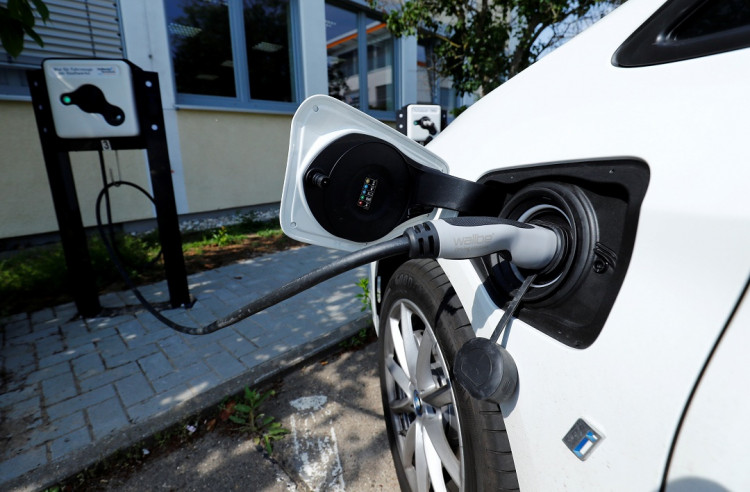China announced that it would be significantly cutting subsidies for electric vehicle manufactures. Officials reasoned that the cuts are meant to force manufacturers to build better quality products and weed out poor quality companies. By scaling back subsidies for cheaper models, the government apparently is hoping to encourage competitive innovation within the sector.
The government's subsidy cuts have raised concerns over how it would affect companies at the budget end of the scale, which may be forced to raise prices to stabilize their profit margins.
As part of the change, manufacturers who are selling electric vehicles priced below 60,000 yuan, or $8,715, will no longer be getting financial support from the government. The cuts will likely result in the raising of prices of these products, placing them beyond the reach of entry-level consumers.
According to Brian Gu, the president of Xpeng Motors, a significant change in the electric vehicle market is expected to result in the recent subsidy cuts. The head of the electric vehicle company touted as China's answer to Tesla stated that those who will be heavily affected by the subsidy cuts will be lower end players, mostly those with products that are not well designed and assembled.
Most of these low-end electric companies are only able to offer their products at low prices due to reduced production costs and sometimes substandard components. Vehicles priced below 60,000 yuan usually sport fewer features and significantly low ranges when compared to more expensive models. The budget cuts are meant to force these companies to bolster their production costs to justify raising their prices.
In its effort to encourage more people to buy so-called new energy vehicles, China has spent billions of dollars in subsidies. The move was also aimed at reducing China's carbon footprint and to have wider use of cleaner transportation throughout the country as part of its ambitious "Made in China 2025" initiative.
Large manufacturers such as BYD and BAIC Motor, along with smaller operations, managed to benefit from the government's initiative.
Customers who buy more expensive electric models tend to expect a certain amount of quality in the products. Customers who are willing to spend more than 100,000 yuan on an electric vehicle tend to not really care about the price and more on functionality and quality instead.
The qualifications to apply for subsidies have also been raised based on a particular vehicle's features such as its fully-charged range. To qualify for a subsidy, a fully-electric vehicle will need to have a range greater than 250 kilometers, a requirement that was previously only 150 kilometers.






